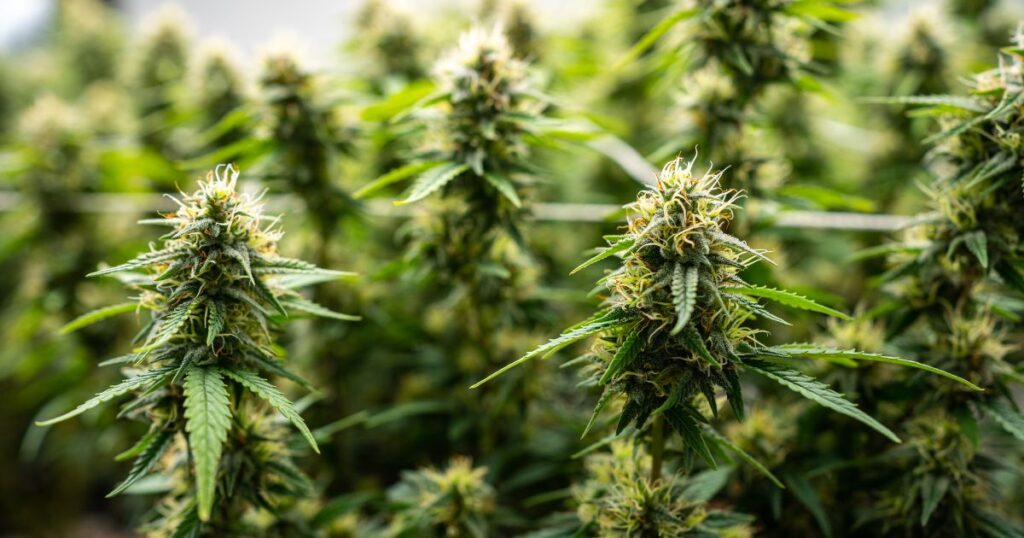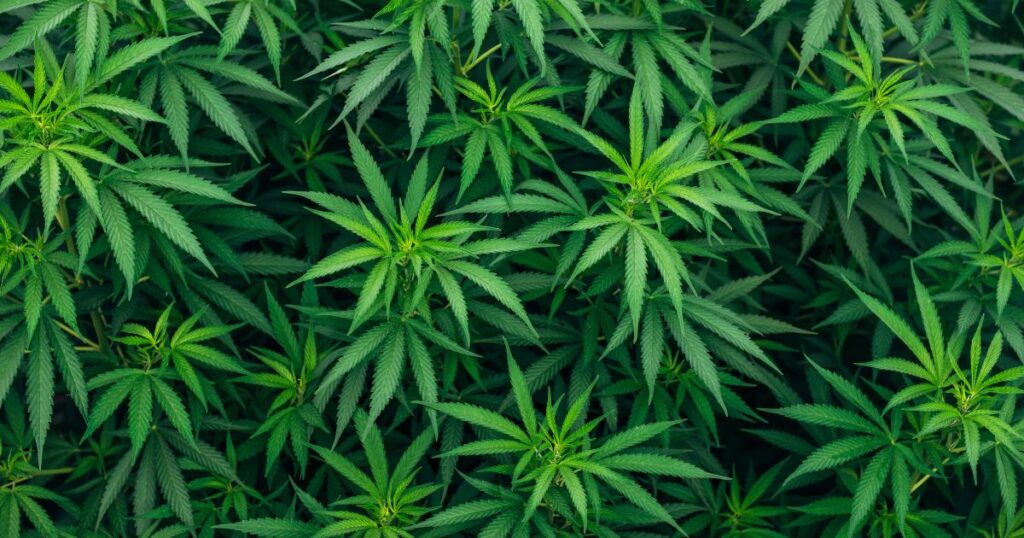Long before pharmacies and synthetic drugs dominated healthcare, healing started with the earth. Plant medicine wasn’t just a practice; it was a way of life. People have cherished cannabis, along with plant allies like ayahuasca and peyote, for centuries as medicinal tools and spiritual guides. It’s not a trend – it’s tradition.
Cannabis has always been a part of the plan, bridging cultures and continents, healing bodies and souls.
Ancient Practices of Cannabis Across the Globe
Thousands of years ago, before modern science validated these remedies, communities around the world turned to plants like cannabis for their healing properties.
- China: Nearly 4,000 years ago, cannabis was documented in the Pên-ts’ao Ching, the world’s first pharmacopoeia, as a medicine and spiritual tool.
- Egypt: Traces of cannabis have been found in mummified remains, indicating its sacred role in ceremonies and healing.
- India: Hailed in the Atharva Veda as one of five sacred plants, cannabis was used in Ayurvedic practices for anxiety, inflammation, and digestive health.
- Mesopotamia: Healers recorded cannabis-based remedies on clay tablets as part of their herbal knowledge.
Across time and geography, cannabis wasn’t an anomaly. It was essential.

Indigenous Wisdom and Sacred Traditions
Long before borders and colonization, Indigenous communities in the Americas had profound relationships with earth-based remedies. Cannabis, like other sacred plants such as ayahuasca and peyote, was used in healing ceremonies that connected the body, mind, and spirit.
These practices were intentional and deeply respected. They weren’t just healing; they were acts of preservation and resistance.
While modern science is finally just beginning to acknowledge the power of these ancient traditions, Indigenous communities never lost sight of it.
Cannabis Across Cultures
Cannabis has had a profound influence across the globe, playing a significant role in various cultural and spiritual practices.
In regions like Ukraine and Russia, the Scythians incorporated cannabis smoke into funeral rites as a way to honor the dead and guide their spirits.
In Tibet, cannabis was burned in temples as part of purifying rituals during spiritual ceremonies.
Similarly, in Africa, people often blended cannabis with local herbs and used it in community healing practices..
Across these cultures, cannabis was never just a personal experience; it was deeply relational. It connected people to the land, to one another, and to something greater than themselves..
Colonization and the Suppression of Plant Knowledge
The rise of colonization brought with it the suppression of ancient healing practices. Colonizers labeled Indigenous and traditional knowledge systems as primitive, criminalized spiritual ceremonies, and forbade the plants that had sustained communities for generations.
Cannabis, once a global ally, was vilified. The Western world replaced holistic, earth-based remedies with pharmaceuticals, isolating chemicals from their natural sources and profiting off what Indigenous knowledge had always known.
In the U.S., the Marihuana Tax Act of 1937 kicked off nearly a century of prohibition, fear-mongering, and racialized drug policy. Meanwhile, pharmaceutical companies grew fat off the very properties that cannabis and other plant medicines had offered naturally.
The prohibition didn’t stop with cannabis laws; it contributed to a loss of narrative and cultural identity.

Plant Medicine Today: A Revival with Roots
We find ourselves in a plant medicine renaissance. States are decriminalizing and legalizing cannabis, while psychedelics and other plant medicines are becoming part of mainstream conversations.. But this isn’t just about innovation or market trends.
This revival must honor its roots by focusing on the cultures and communities that preserved this knowledge, often through great personal and collective effort..
Modern science may validate plant medicine’s power, but it’s the earth-based wisdom of ancestors, elders, and Indigenous guardians that kept this flame alive.
At Beard Bros Pharms, we don’t view cannabis as a fleeting trend or a commodity to exploit. To us, this plant is a sacred medicine with a legacy that we’re proud to continue.
We craft our Rick Simpson Oil (RSO) and tinctures with intention, respect, and a deep commitment to honoring the plant’s heritage.
Respect, Honor, Reclaim
The history of plant medicine teaches us one glaring truth: healing starts with the earth. From ancient Mesopotamian tablets to modern tinctures, the core message remains the same.
Cannabis is part of a lineage of resilience, remembrance, and renewal. It’s more than just a product or industry; it represents a sacred tradition of healing that transcends time, culture, and geography.
As we forge ahead in this new era of cannabis, we have a responsibility to respect its roots, honor its protectors, and reclaim the narrative that colonization tried to erase. Cannabis remains a bridge between past and present, between earth and spirit.
It was sacred then, and it’s sacred now.
















